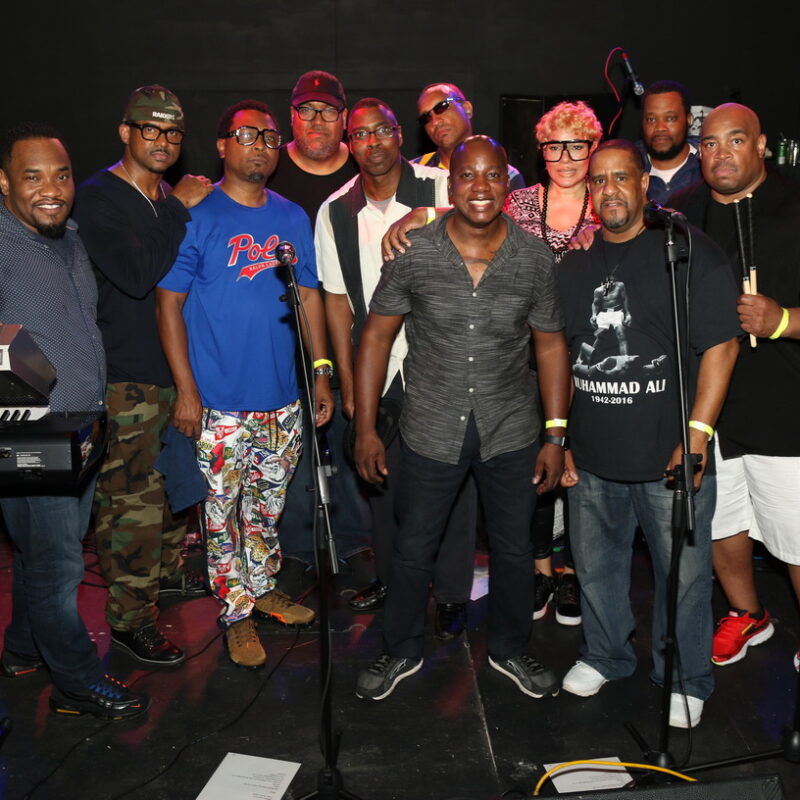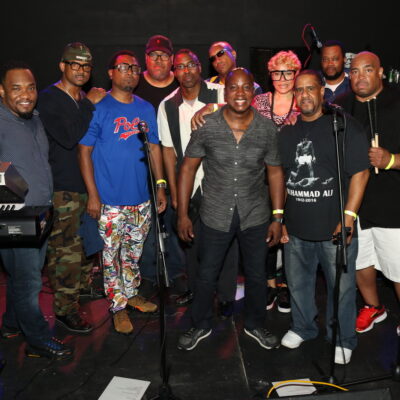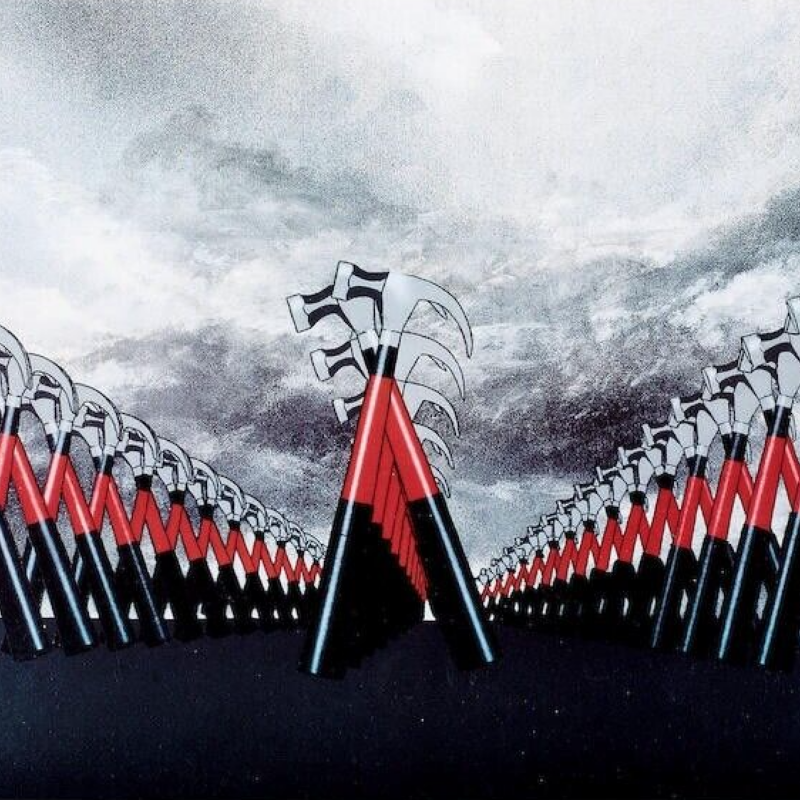There’s a scene in Animal House where John Belushi’s character Bluto walks by a folk singer strumming a tune in the Delta Tau Chi fraternity house. He listens to the lyrics for a moment—“I gave my love a chicken that had no bones” —before smashing the guitar against the wall and handing it back to the singer.
Crozet-based folk artist Ellis Paul has a little bit of both Bluto and that sappy singer in him.
“Folk can be too soft and over-healing to the point where you are poisoned by the cure,” he said. “A lot of people get up there and sing about flowers and clouds, trying to heal you with that shit, and that’s a downside of folk music. To me, you just want honesty.”
Paul’s made a nice career striking the balance between potion and poison. He first found the spotlight in the 1990s as part of the burgeoning Boston folk scene that produced the likes of Dar Williams. Now, he’s settled down in Albemarle County where he lives with his wife and two kids and runs his music business, self-producing albums through his record label, licensing songs to television and movies, finding new ways to package his art, and scheduling his road-warrior weekends.
Despite calling the Charlottesville area home, Paul admits local popularity has eluded him. He’ll work on changing that when he offers crowds at The Southern Music Hall and Café a taste of his talent on December 14 and 15, following up his Saturday night act with a Sunday matinee of children’s music.
“I had never played here until I moved here,” Paul said. “I kind of like it because there is no pressure.”
Walking into Fardowners Restaurant on the Crozet Square the Tuesday before Thanksgiving, Paul looked like a guy who rarely feels any pressure. He slid easily into a chair and in his soft-spoken way ordered a burger and tater tots. He started talking about his kids.
Now 9 and 6, they’re the reason Paul got into writing children’s music. His oldest was listening to Barney at age 4, and he thought, why not leave the kids with some of his own work while he was on the road every weekend? That led to the release of The Dragonfly Races in 2008, and children’s tunes became a modest side-business.
His 2012 follow-up, The Hero in You, has had more success. The record caught the interest of a Chicago-based publishing house and will be released alongside a print book next September.
Paul said the book could make children’s music a more substantial part of his income stream; still, the thing he wants to be most known for is his work as a folk singer, catering to adults with a mix of social commentary, tales of workaday trials, and homespun wisdom.
“Sometimes you got to go to the end of the earth to turn yourself around,” he rasps in “Alice’s Champagne Palace,” a track on his 2008 live acoustic record.
The label “folk singer” can be misleading for Paul—the songs on his albums run the gamut of musical styles. He says he’s not a slave to the genre but to each individual song, which means certain tracks call for a chorus of electric guitar riffs or a hip-hop backbeat.
That will again be true on his upcoming record Chasing Beauty. Backed in the studio by Sugarland’s Kristian Bush on production and the popular country band’s keyboardist Brandon Bush and drummer Travis McNabb, Paul said his acoustic playing will drive roughly a third of the LP, while the other songs have more of a rock edge. All the tunes on the crowd-funded project, which will be finished in December, are intended to be a bit more raw than some of the slickly produced tracks on Paul’s last few albums.
The singular thread throughout Paul’s music is the content, the mission. He said his goal—like the goal of his hero Woody Guthrie—is to tell a story that’s informative and relevant in a way that allows people to relate.
“Woody could capture in three minutes everything that came before in a character’s life,” Paul said. “He would write visually, painting with words. He doesn’t dictate, which is what bad folk singers do. They just lecture at you. They don’t get the witness part that is essential for the listener.”
Charlottesville has turned out to be the perfect place for Paul to work, offering an industry that’s rich but also allowing him to delve into what he calls his “picky OCD,” a single-minded focus on his music. The scene has enough talented musicians for it to stack up against most big U.S. cities, but at the same time, many of them operate “inside a bubble,” said Paul, doing their own thing instead of getting out and rubbing elbows.
Paul himself tries to step out of his own bubble as much as possible these days. Paying forward the mentorship Bill Morrissey gave him early in his career, he enjoys taking young musicians on the road and sharing the gospel of Woody. When he has a free Monday night, he sometimes heads into town for the open mic at The Local. It’s there that he says he’s found a number of artists that are doing it just right, fitting in somewhere between Bluto and the guy who “gave his love a cherry that had no stone.”
“You see these artists that are just so green and innocent,” Paul said. “I would rather hear something that honest than something coming out of Nashville. Charlottesville is not such a commercial scene, everyone is just in love with music.”





